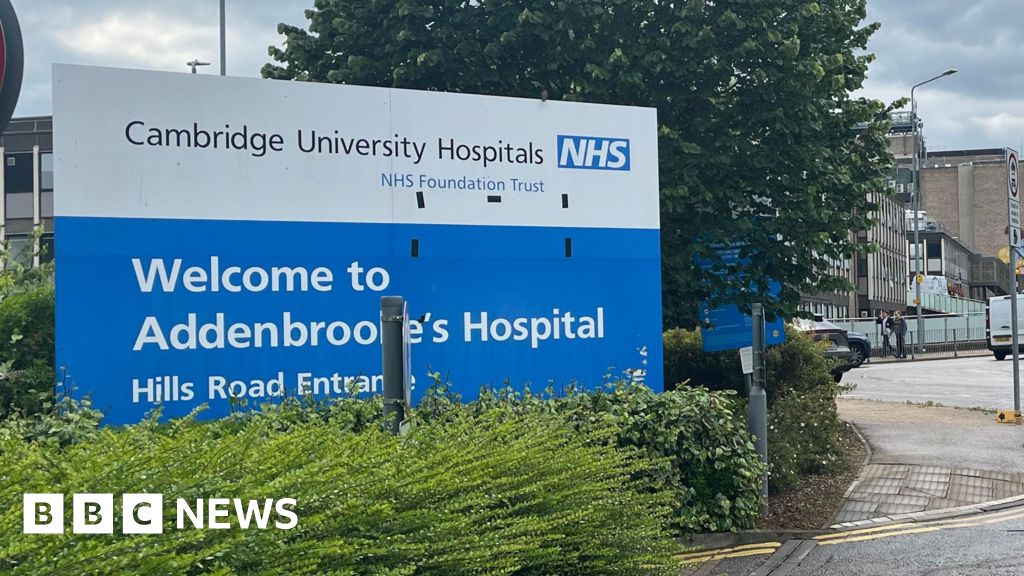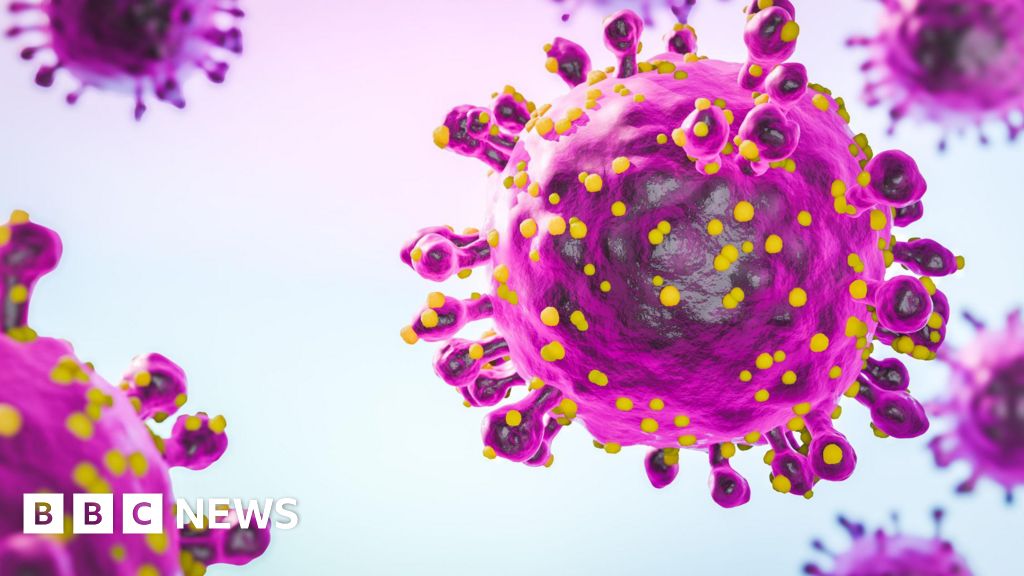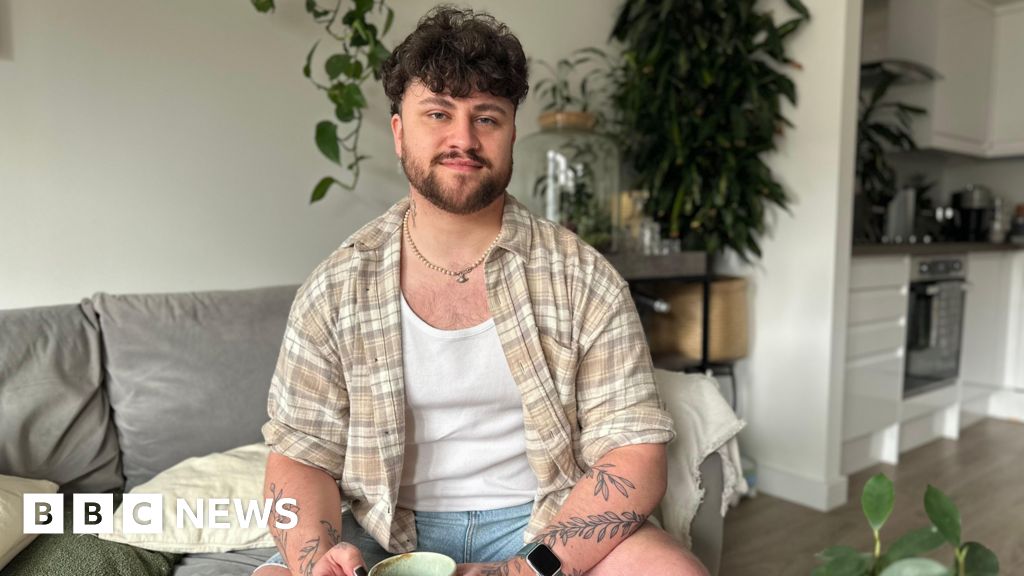ARTICLE AD BOX
By Michelle Roberts
Health editor, BBC News online
Face coverings are no longer legally required in England.
But that's not the end of masks. Other parts of the UK have different rules and some shops and transport still require them.
What is the law on masks?
Why are rules different for some transport and shops?
Businesses and travel operators can set their own rules for customers and passengers.
For example, Transport for London requires face covering for travel on its services, like the Underground and buses.
In some areas there could be different rules depending on which transport you are using.
For example, in Greater Manchester, mayor Andy Burnham requires face coverings on trams. He also wants them to be worn on other city transport like buses, but these are privately run.
Other operators have announced plans:
Some shops have announced they still want shoppers to wear masks, including Sainsbury's, Tesco and Waterstones.
What if I am exempt from wearing a mask?
Most people could be refused service, entry or the right to travel if a firm enforces a requirement to wear a face covering.
Companies decide their own health and safety measures and insisting on masks could be a reasonable rule, says Adam Wagner, a barrister at Doughty Street Chambers.
However, they would not be able to discriminate. So, if you are currently exempt from wearing a mask - for example if you have breathing difficulties - companies would probably have to continue to honour that exemption, says Mr Wagner.
What have scientists and doctors said?
The British Medical Association, which represents doctors is calling for the continued use of masks.
England's chief medical officer Chris Whitty and chief scientific adviser Sir Patrick Vallance have said they will continue to wear them.
Why use a face covering?
Face coverings worn over the nose and mouth reduce the spread of coronavirus droplets from coughs, sneezes and speaking.
The main purpose is to protect others. If everyone wears one, the risks drop for all.
There is some evidence they offer protection to wearers, but are not a replacement for social distancing and hand-washing.
Masks can also help reduce virus spread from contagious people with no symptoms.
Cutting virus transmission is important because many people are not fully vaccinated.
Also, some new virus variants appear more transmissible.
What sort of face covering is best?
- has a nose wire
- has at least two/three layers of material
- fits snugly over mouth, nose and chin
The highest level of protection is provided by FFP3 (or similar) masks worn by healthcare workers in high risk settings. A recent study found FFP3 masks provided up to 100% protection against Covid.
Hospital staff wearing standard surgical masks were much more likely to catch the virus.
Members of the public can buy FFP3 masks, but they won't provide the highest protection unless fitted correctly.

 3 years ago
177
3 years ago
177








 English (US) ·
English (US) ·